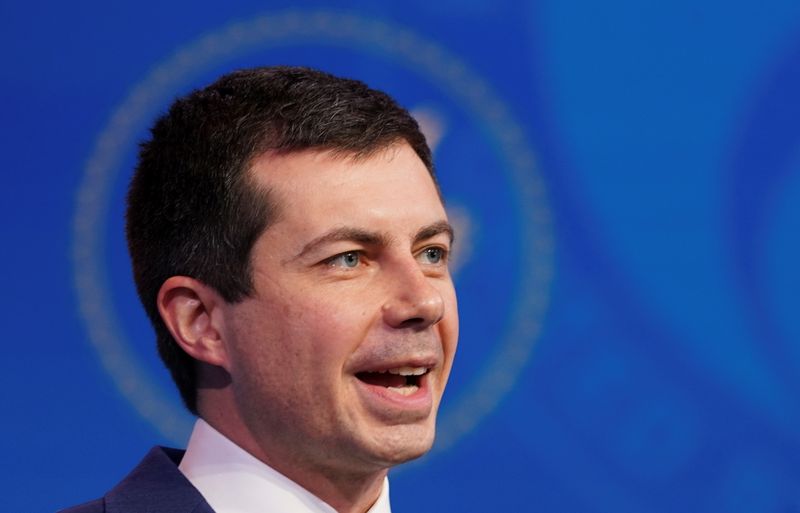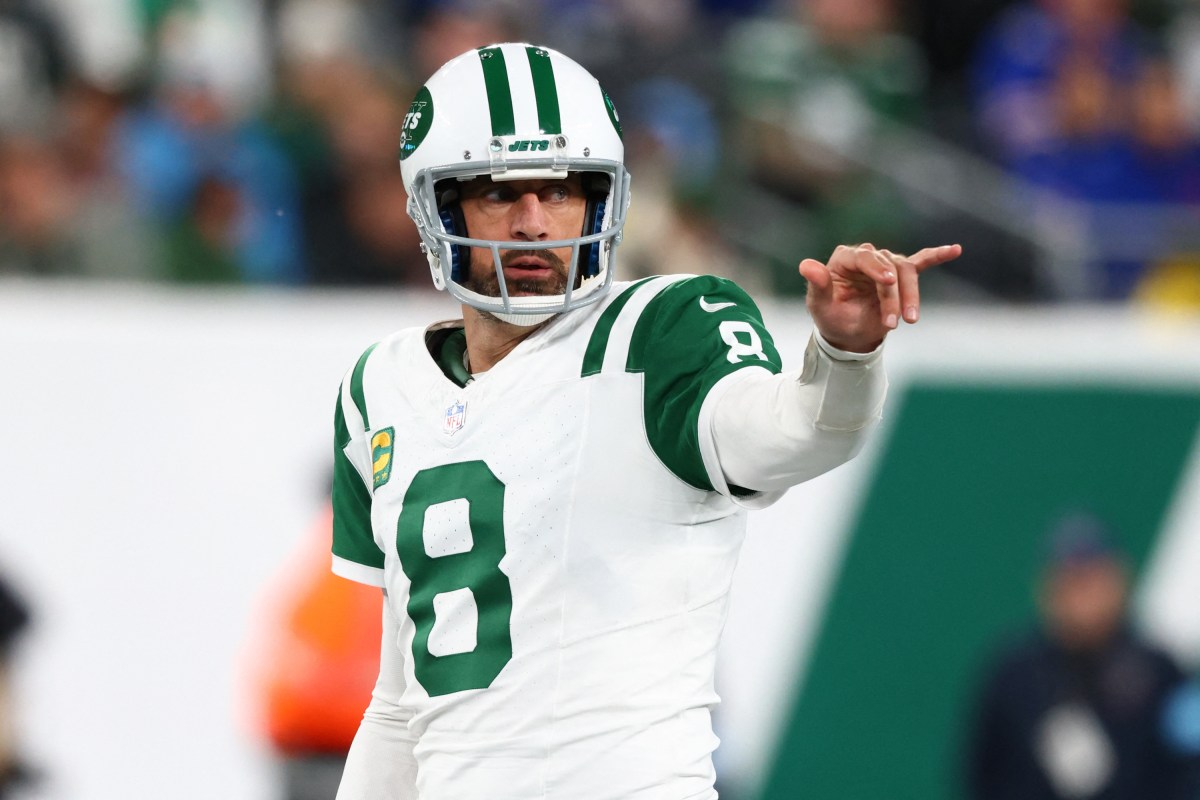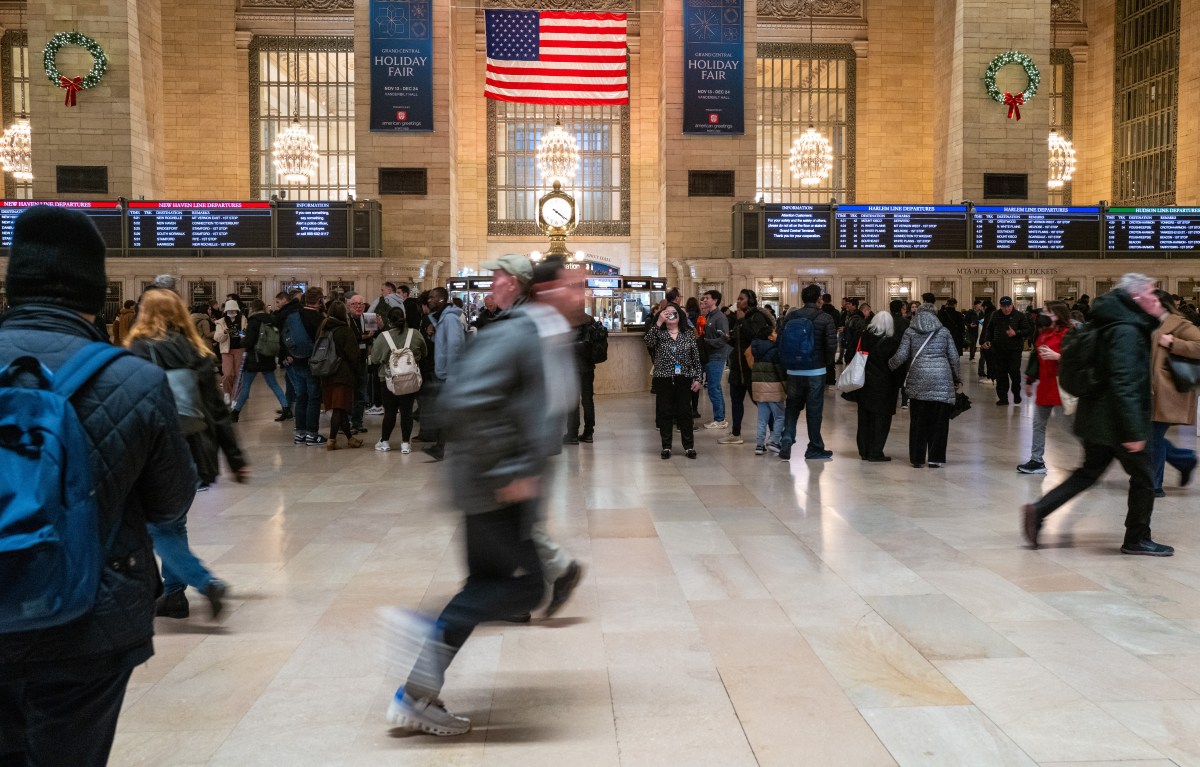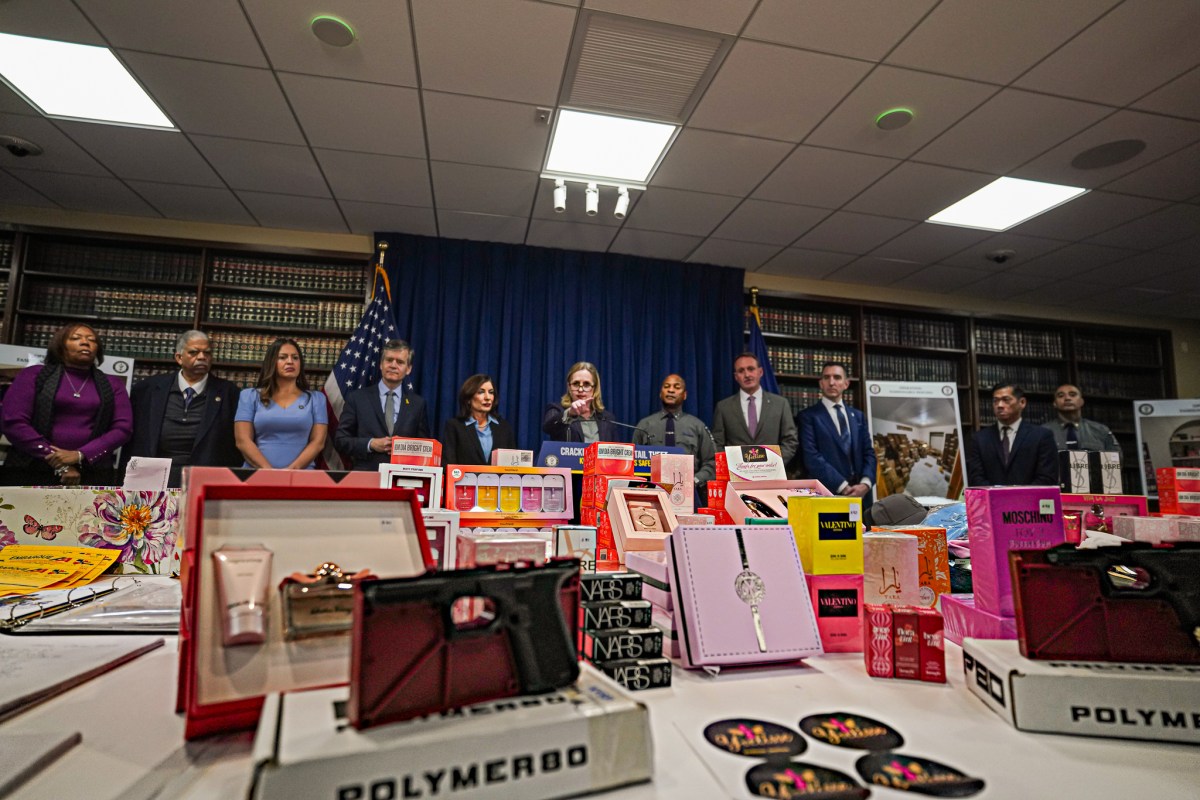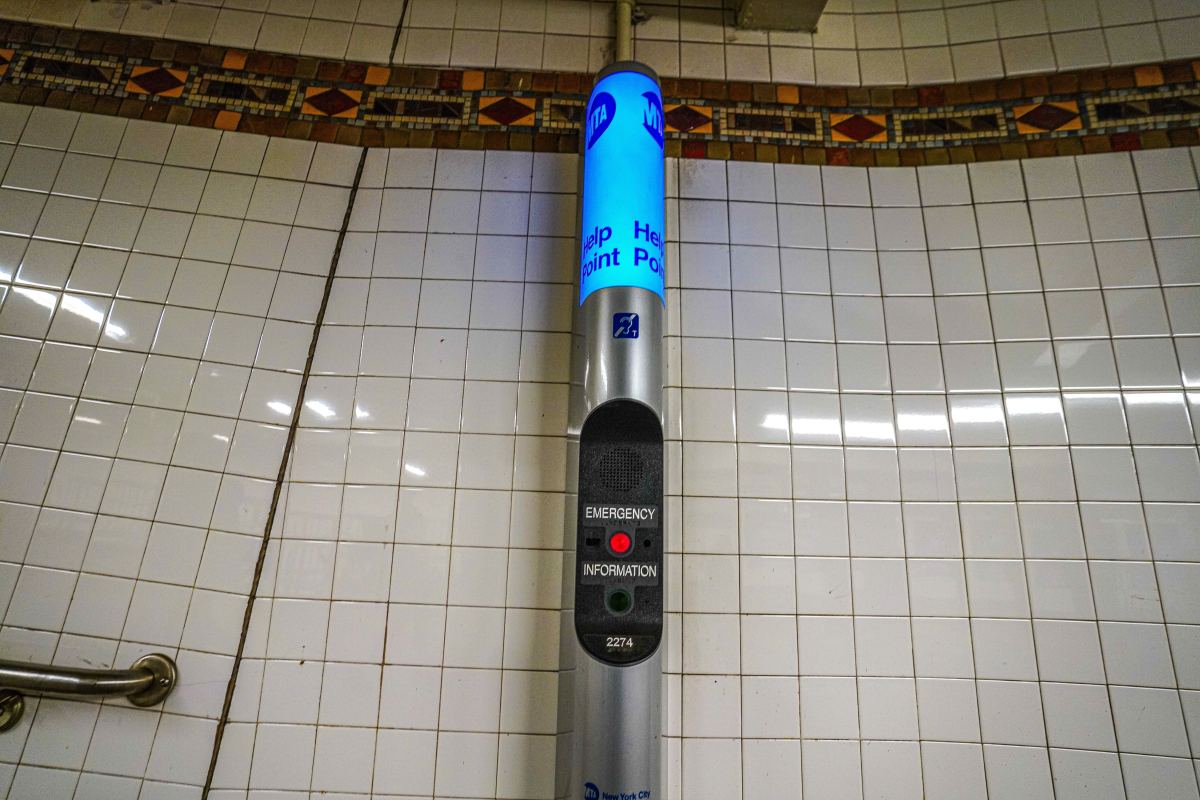WASHINGTON (Reuters) – The U.S. Senate Commerce Committee will hold a confirmation hearing next Thursday on the nomination of former South Bend, Indiana, Mayor Pete Buttigieg to head the Transportation Department, the panel announced on Friday.
President-elect Joe Biden tapped Buttigieg – a rival for the Democratic presidential nomination last year – to head the department that oversees aviation, highways, vehicles, pipelines and transit.
On Thursday night, Biden, who takes office next Wednesday, proposed $20 billion in additional government assistance to help struggling U.S. transit systems that have seen a massive falloff in ridership amid the COVID-19 pandemic.
Congress has allocated $39 billion in emergency funding for transit systems, including $14 billion approved last month, and $65 billion in government loans and bailouts to U.S. passenger airlines. Lawmakers awarded $12 billion to airports and $2 billion to the Amtrak passenger train service.
One key issue will be Biden’s push to dramatically boost spending on U.S. infrastructure. Biden has also vowed to boost fuel economy standards that were slashed under Republican President Donald Trump and take steps to increase the number of electric vehicles on American roads.
Buttigieg, 38, told MSNBC that safety “will be my first priority.”
In April 2019, Trump and Democratic leaders agreed to spend $2 trillion on U.S. roads, bridges, power grids, water and broadband infrastructure – but the president never proposed any new revenue source to pay for the upgrades – and never made it a priority.
In June 2020, the Trump White House drafted – but never publicly released – a $1 trillion infrastructure proposal.
Biden said on Thursday that he will ask Congress in February for “historic investments in infrastructure and manufacturing, innovation, research and development, and clean energy.”
Trump has never had a Senate-confirmed head of the National Highway Traffic Safety Administration (NHTSA), which has numerous ongoing auto safety investigations ongoing.
Biden has also vowed to mandate face coverings for all interstate travel after Trump refused to legally require them on airplanes, airports, trains and buses.
(Reporting by David Shepardson; editing by Franklin Paul and Jonathan Oatis)

